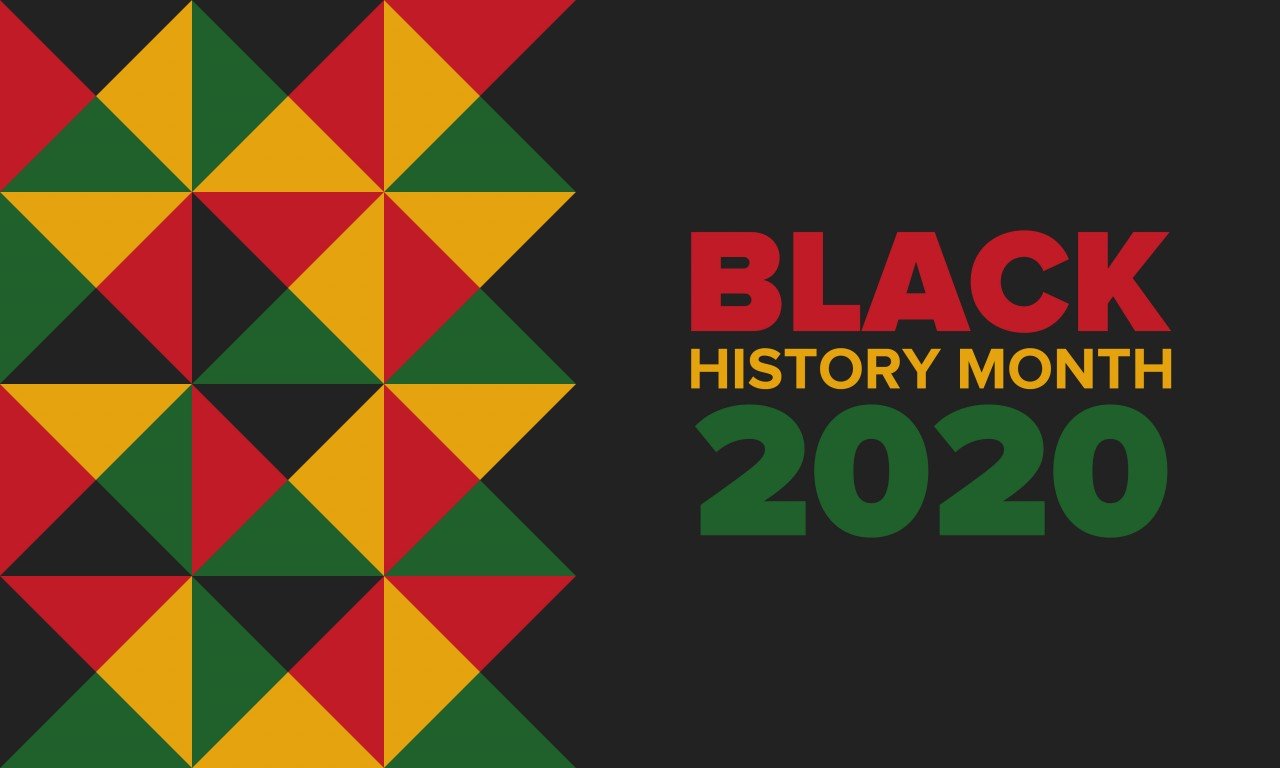The 2019 Novel Coronavirus (2019-nCoV) is definitely a valid source of concern. However, there are a lot of false truths that are going around that should not be believed in.
Such falsehoods may exacerbate the panic that is already very much present. These can also teach practices that may put people at a higher risk of getting infected instead of managing to avoid it.
With this, the World Health Organization (WHO) busted several common myths about the 2019-nCoV which may be dangerous. Let’s have a rundown.
Myth #1: Hand dryers can kill the virus
Hand dryers will not protect you from the virus, though one might think that the heat might help kill it. WHO suggests cleaning one’s hands frequently and using rubbing alcohol or soap and water to disinfect your hands. Afterwards, they also suggest thoroughly drying with paper towels or even a hand dryer.
Myth #2: UV disinfection lamps are potent against the virus
Similar to the idea of the heat from hand dryers killing the virus, UV disinfections lamps won’t be of any help either. If anything, the radiation from UV lamps may even result in skin irritation.
Myth #3: Thermal scanners can detect those infected with the virus
Thermal scanners are not absolutely accurate when it comes to detecting those infected with the 2019-nCoV. It may be able to detect those people who have already developed fever as an effect of being infected by the virus.
However, people can get infected and for quite some time not have a fever. According to WHO, those who are infected may develop fever from 2 to 10 days after the infection, a window of time long enough to spread the infection to others.
Myth #4: Using rubbing alcohol all over the body can kill the new coronavirus inside your body
Once the virus has entered the body, no amount of rubbing alcohol will kill it. Rubbing alcohol may be effective in disinfecting surfaces. However, it is a wholly different matter when we speak of the virus already making it in your body. Moreover, using alcohol or chlorine on your mouth or eyes in an attempt to kill the virus is harmful, so one should not attempt this at all.
Myth #5: Pneumonia vaccines can protect against 2019-nCoV
While pneumonia may be one of the consequences of being infected by the 2019 nCoV, a pneumonia vaccine cannot be used to treat the virus. WHO said that there is a need to develop a completely different vaccine for the 2019-nCoV, something which they remarked is already being worked on by researchers.
Myth #6: Antibiotics can help treat the new coronavirus
This myth is not only present in the 2019-nCoV outbreak, this is a common misconception for viral infections in general. To put simply, viral infections like the 2019-nCoV can never be cured by antibiotics. Antibiotics are designed to combat bacterial infections.
Myth #7: Using mouthwash can protect you from being infected
While some mouthwash brands may kill the microbes in your saliva inside your mouth, WHO said that there is no evidence that it is a potent protection against 2019-nCoV.
While awareness on the 2019-nCoV is crucial in preventing its spread, it is equally important to be critical when it comes to the information that it being spread through the internet.
Sure, 2019-nCoV really is an outbreak one should watch out for and be guarded against. However, we should do so in a manner that is effective. We shouldn’t make this matter bigger than it already is by blindly believing falsehoods without close examination.









